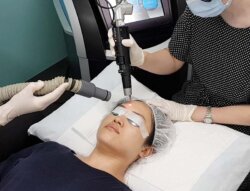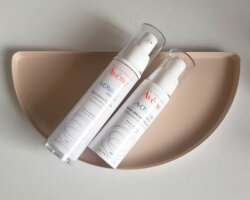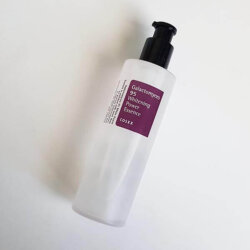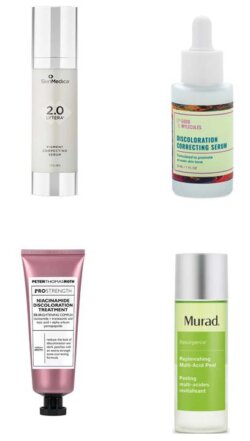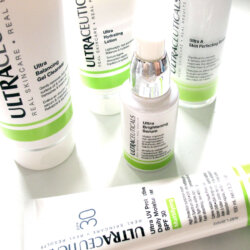The Science of Laser Skin Treatments and Picosure Review
This video was sponsored by Cynosure, although this post was not. Lasers! You can use them to cut things, you can use them to point at words, and you can use them to treat about a million different skin-related things. These are just the ones I found on the AAD website: Birthmarks, melasma, hyperpigmentation, freckles, acne, rosacea, psoriasis, wrinkles, fine …
